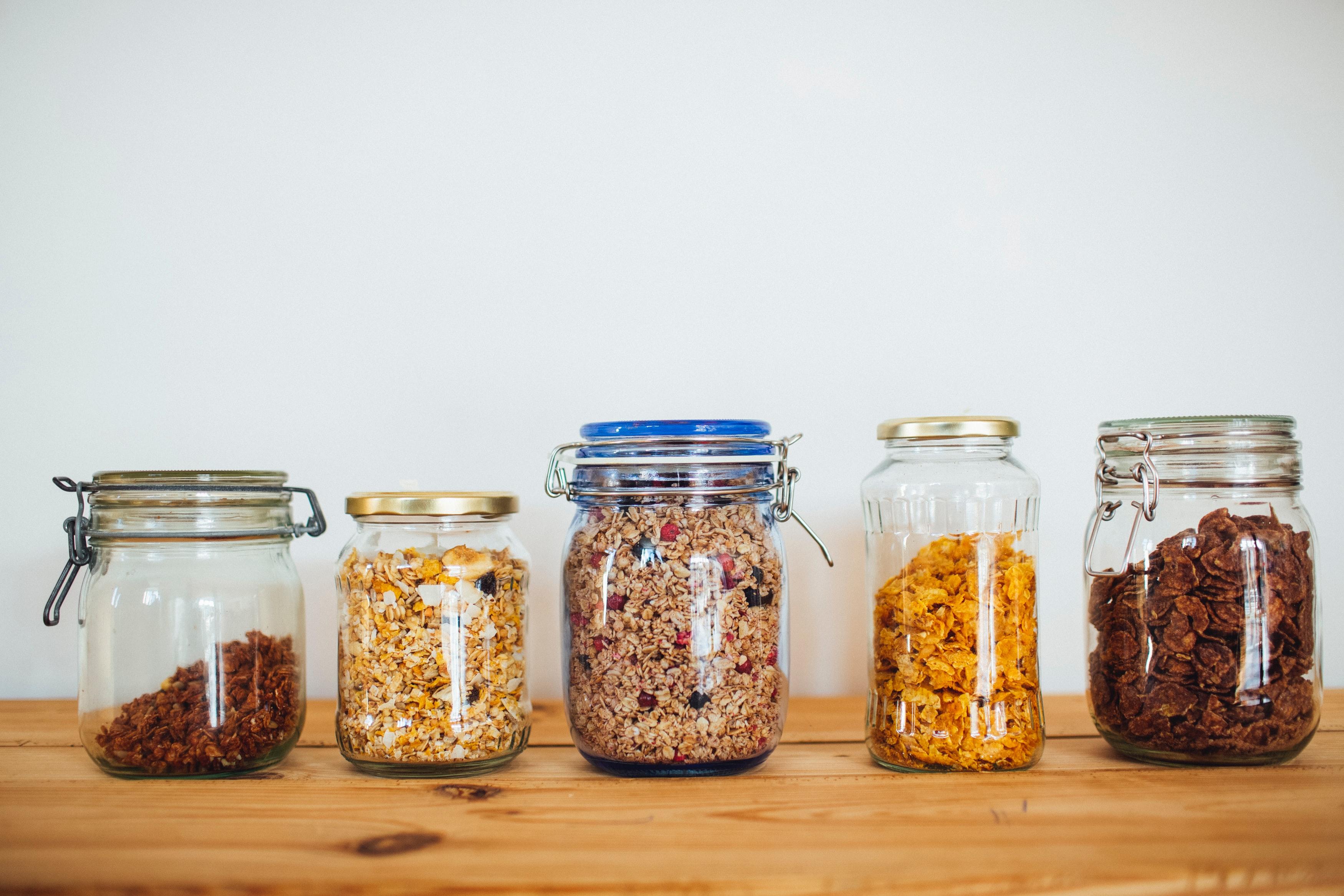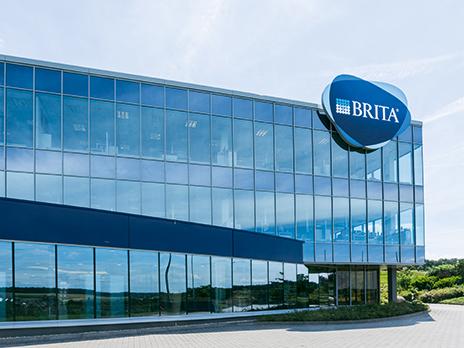Why did you decide to build a business around tackling sustainability challenges?
I used to work in events and the private catering industry and was shocked at how much waste went on behind the scenes. I saw so much food going to waste and half empty packets of food going in the bin. It’s something I’m very passionate about and I realised there was not enough awareness of the problem. A lot of people are so disconnected from the food on our plates and the food system is also very disconnected. There’s a huge amount of work to be done because at every single step of the food supply chain, from farms to distribution lorries, there is waste. I realised that hummus was a growing market and creating a product completely from surplus vegetables could help spread the message around food waste. ChicP is not just about making hummus, it’s about bringing the issue to the forefront of people’s minds.
To what extent do you think members of the public want to see hospitality businesses offering sustainable food and drink choices post-Covid?
I actually would have thought lots of people but it’s hard to know because, in a way, I am living in a bubble. I am largely surrounded by like-minded people and other food professionals.
I do think that with documentaries like Seaspiracy coming out and more people watching them, consumer demand for more sustainable options like vegan or vegetarian is increasing. It’s also becoming clear that eating certain foods off season is not sustainable – so supermarkets should stop selling fruit or veg when it’s not their season. Sometimes it’s not clear which should go first: either businesses need to make the changes to help shape sustainable consumer behaviour, or consumers need to use their purchasing power to put pressure on businesses to offer more sustainable products and services. A lot of caterers and food servers think that consumers want to eat meat and fish but they will always eat it as long it is an option. Giving more vegetarian or vegan options won’t displease consumers. Sourcing sustainably and locally is also becoming more talked about and things are changing for the better but not drastically enough.
Is being sustainable always more expensive? How can being more sustainable lead to a reduction in costs?
It can be more expensive because you are buying higher quality materials such as packaging. Sustainable options often require innovation which comes at a higher cost. In my case, I am a smaller scale business so volume is lower, which therefore means cost is higher. Sourcing chickpeas locally and sustainably comes at a higher cost than if I were to purchase commoditised chickpeas from Turkey. You do find efficiencies when you are making a conscious effort to be more sustainable. For example using surplus food or leftovers to make new products. If you are making a conscious effort to limit food waste you also will be spending exactly what you need rather than wasting money on food that would go to waste. One thing I would urge businesses to do is not over-produce and always try to reuse food that otherwise would be wasted. If there is going to be food left over then find a local food charity in your area.





